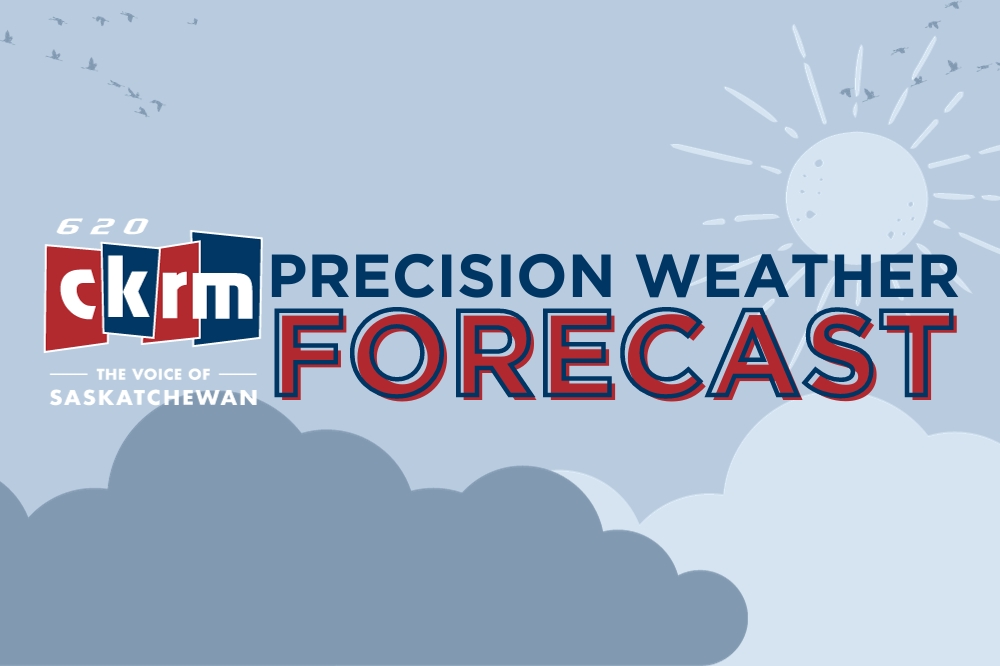Lawyers for the Saskatchewan government are arguing a judge should dismiss a challenge to a law that requires parental consent when children under 16 want to change their names or pronouns at school.
Deron Kuski, representing the province, told court Thursday the law doesn’t breach the Charter and is in the best interest of gender-diverse children.
He argued that without the law, children could be exposed to “potential harm” if they socially transition without parental consent.
“When we’re talking about it from the supportive parent perspective, which is the majority, then why don’t we want to achieve the best outcome for our kids going through this?”
In September, Justice Michael Megaw granted an injunction to pause the province’s pronoun policy until court could hear the challenge.
Premier Scott Moe then recalled the legislature for an emergency sitting to pass the policy into law.
Kuski told court the Charter wasn’t breached, because the government used the notwithstanding clause, a rarely used measure that lets governments override certain Charter rights for five years.
Lawyers for UR Pride, an LGBTQ group in Regina, told court on Wednesday the law limits the rights of gender-diverse youth and those youth should be entitled to a safe educational environment.
The lawyers have requested that the court proceed with the legal challenge, saying there are inconsistencies within the Charter.
Ljiljana Stanic, representing UR Pride, had said the province did not apply the notwithstanding clause to Section 12 of the Charter, which covers the right not to be subjected to any cruel and unusual treatment.
She said because Section 12 wasn’t applied, lawyers can argue how young people’s rights are violated based on that section.
In the law, the province applied the notwithstanding clause to sections 2, 7 and 15 of the Charter. These sections deal with freedom of expression, liberty and equal protection.
Kuski argued the province didn’t include section 12, because the section was not referenced in UR Pride’s original arguments.
He said the notwithstanding clause is a trump card.
“A new Charter argument really runs close to the line, waters you wouldn’t want to dip your toe into,” he said.
UR Pride’s lawyers have argued the judge could offer a remedy by declaring the law is of “no force and effect.”
Stanic had said such a declaration would send a message to gender-diverse youth, letting them know their rights matter.








